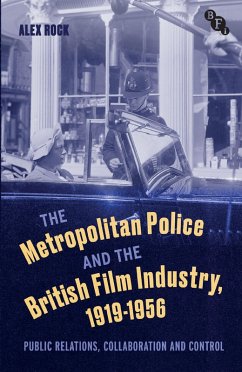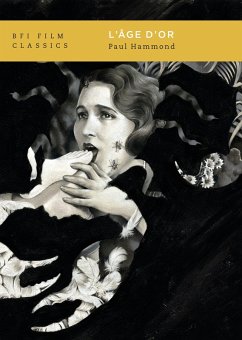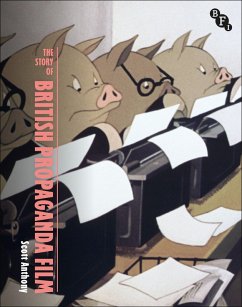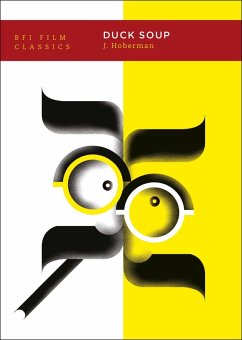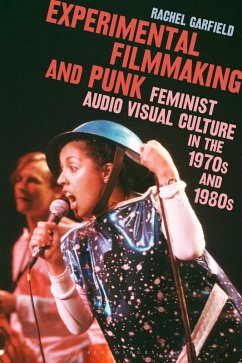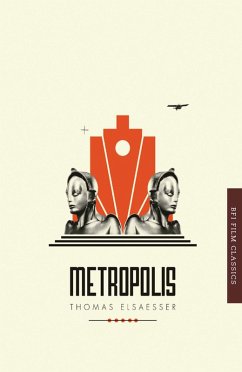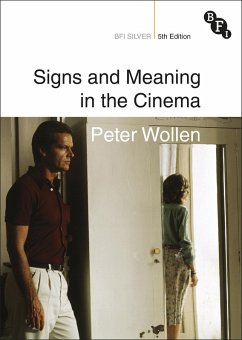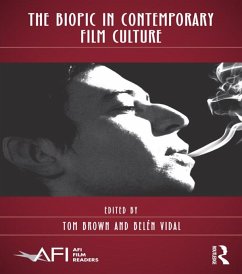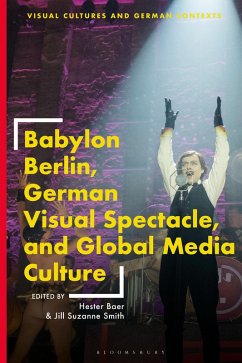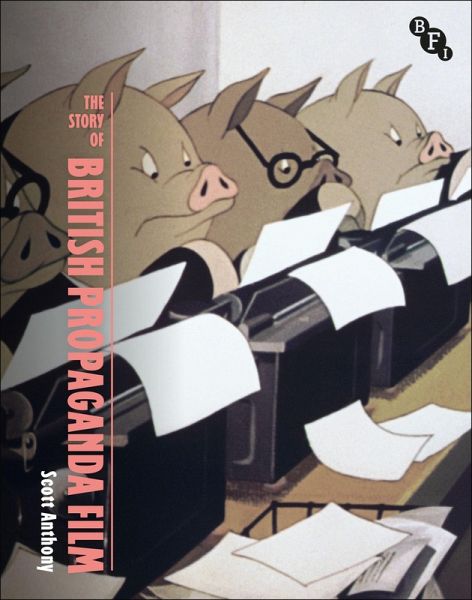
The Story of British Propaganda Film (eBook, PDF)
Versandkostenfrei!
Sofort per Download lieferbar
21,95 €
inkl. MwSt.
Weitere Ausgaben:

PAYBACK Punkte
11 °P sammeln!
'All art is propaganda,' wrote George Orwell, 'but not all propaganda is art.' Moving from World War I to the 'War on Terror' and beyond, The Story of British Propaganda Film shows how the emergence of film as a global media phenomenon reshaped practices of propaganda, while new practices of propaganda in turn reshaped the use of the moving image. It explores classic examples of cinematic propaganda such as The Battle of the Somme (1916), Listen to Britain (1942) and Animal Farm (1954) alongside little-known newsreels, 'telemagazines' and digital media initiatives, in the process challenging o...
'All art is propaganda,' wrote George Orwell, 'but not all propaganda is art.' Moving from World War I to the 'War on Terror' and beyond, The Story of British Propaganda Film shows how the emergence of film as a global media phenomenon reshaped practices of propaganda, while new practices of propaganda in turn reshaped the use of the moving image. It explores classic examples of cinematic propaganda such as The Battle of the Somme (1916), Listen to Britain (1942) and Animal Farm (1954) alongside little-known newsreels, 'telemagazines' and digital media initiatives, in the process challenging our understanding of propaganda itself, and its many diverse manifestations. Richly illustrated with unique material from the BFI National Archive, the book shows how central propaganda is to the development of British film, and how it has filtered our understanding of modern British history, from narratives of decolonisation to the celebration of pop culture and the meanings of the postwar consensus. In a contemporary moment so preoccupied with misinformation, malinformation and disinformation, Scott Anthony explains why the response to the ubiquity of the propaganda film has often turned out to be the production of ever more propaganda.




